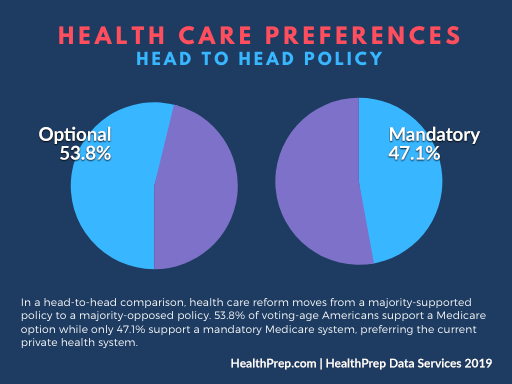9 White Lies Doctors Hear That Put A Patient's Health In Danger
Smoking

It is important for patients to share their full smoking history with their doctor even if they smoke only occasionally. Smoking increases the risk of developing lung, cervical, and breast cancer. It can also interfere with medication and raise the risk of dangerous side effects (for example, blood clots and strokes) produced by medication. In addition, it can impair post-operative recovery by decreasing blood flow to injured areas of the body, increase the risk of complications from general anesthesia, and raise the likelihood of developing post-surgical infections. For these reasons, physicians who interact with a patient must be aware of his or her smoking history.
Recreational Drug Use

Prescription medications are not the only drugs physicians need to be aware of. It is also important for them to know if patients are using drugs recreationally. Some patients lie about their use of recreational drugs even if the drugs are legal. However, when patients share their drug use history with their doctor, the doctor is better able to provide the care they need while avoiding courses of action that could put the patient's health at risk. For example, if doctors know a patient has struggled with a drug addiction before, they will avoid prescribing highly addictive medications to him or her. Knowledge about recreational drug history also helps surgeons and anesthesiologists identify patients who may be at increased risk of complications from certain procedures and plan accordingly.
